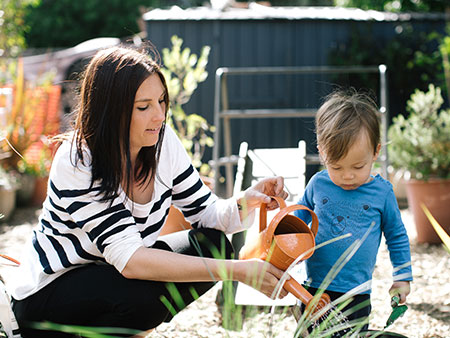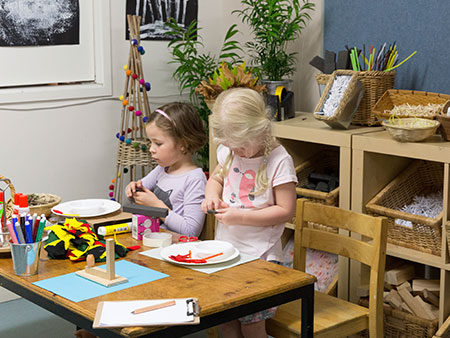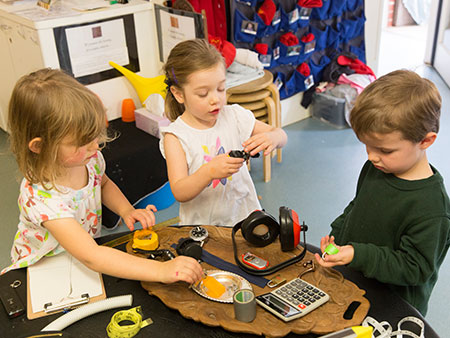Our Philosophy
We aim to recognise the importance of these early years, and to provide an appropriate environment that is relaxed, warm and nurturing, ensuring each child, family and educator feels a sense of belonging.
The early years are a time for a child to take pleasure in the here and now, to spend time playing and experiencing life’s wonders. Children experience a sense of being by taking time to explore the present moment.
Through the many experiences and changes that occur in the early years, children will grow and develop, creating their own identity becoming a person who actively participates in our society.
The support and information given by the families is crucial to maintaining high quality care and education. Families provide the bridge between the centre and home by sharing information, unique skills, cultural value and a sense of belonging for the child to his/her learning community.


